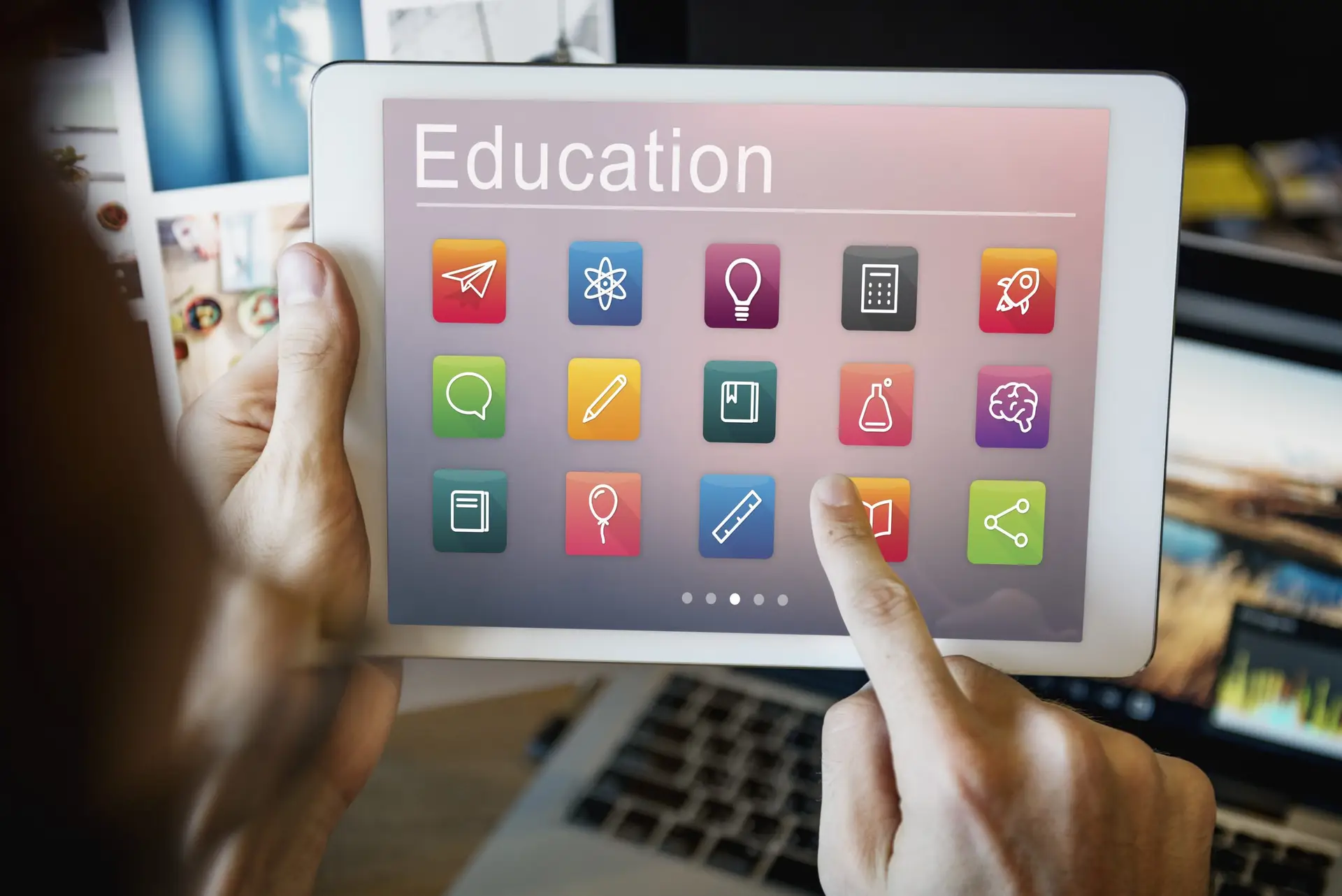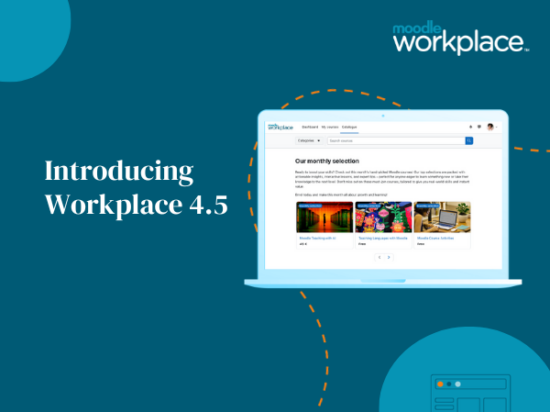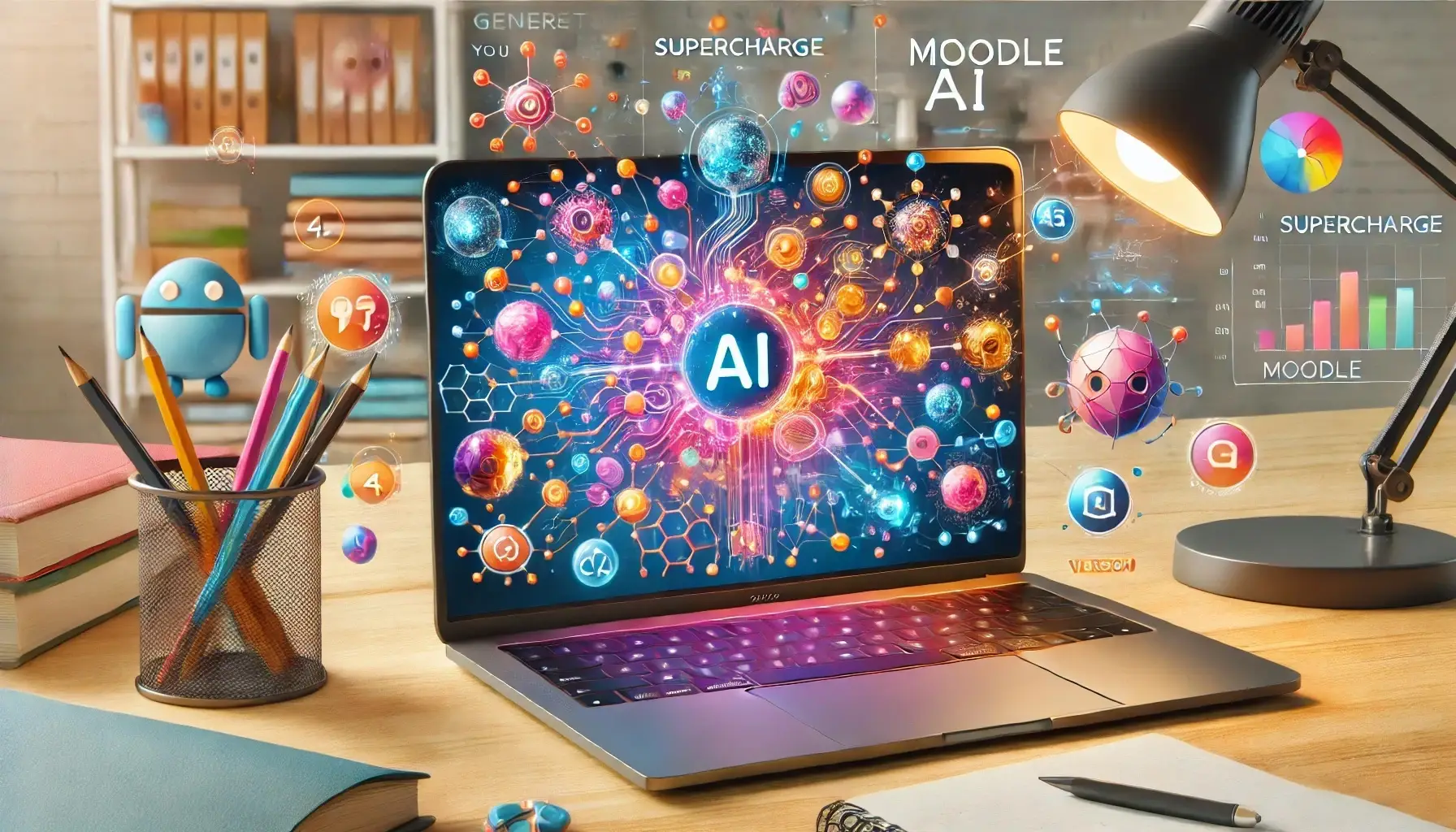As we step into 2025, the synergy between artificial intelligence (AI) and online learning is revolutionising education in unprecedented ways. From personalised learning experiences to advanced analytics that empower educators, the landscape of digital education is undergoing a transformative evolution. Here’s a closer look at the trends defining this new era.
1. Hyper-Personalised Learning Paths
AI-driven personalisation is moving beyond basic adaptive learning systems. Leveraging data from students’ learning behaviors, preferences, and outcomes, AI can now create hyper-personalised learning journeys.
This year, we’re seeing a shift toward AI systems that predict not only what content a learner needs but also how and when they are most likely to succeed with it. For instance, AI might recommend a quick video tutorial during a lunch break or suggest interactive simulations based on a learner’s hands-on engagement style. These innovations help bridge the gap between online learning and individual learning styles, fostering deeper engagement and better outcomes.
2. Generative AI as a Learning Companion
Generative AI tools are no longer just for creating content; they are becoming active participants in the learning process. Imagine a virtual tutor that can answer questions, provide detailed explanations, or even simulate debates on complex topics. In 2025, such tools are increasingly sophisticated, offering real-time assistance that rivals human tutoring.
These AI-powered companions can also craft custom study materials, practice questions, and even mock exams tailored to a learner’s progress. By acting as an on-demand resource, generative AI is helping to democratise education, making high-quality support accessible to learners worldwide.
3. AI-Powered Analytics for Educators
Educators now have access to advanced analytics that go beyond tracking attendance and grades. AI tools analyse learner engagement, identify struggling students in real-time, and suggest interventions that can help.
In 2025, these analytics platforms are increasingly intuitive, offering visual dashboards that highlight trends and actionable insights. For example, an educator might receive an alert if a student’s participation has dropped, coupled with recommendations for targeted outreach or tailored content to re-engage them. This empowers educators to focus on teaching and mentoring while technology handles the heavy lifting of data analysis.
4. Ethical AI and Data Privacy in Education
With the growing use of AI in online learning, ethical considerations are taking center stage. Issues like data privacy, algorithmic bias, and transparency are being addressed head-on by industry leaders and policymakers.
In 2025, learners are gaining more control over their data. Platforms now feature transparent AI models, allowing users to understand how recommendations are made and why certain content is prioritised. These measures are critical in building trust and ensuring that AI serves as an equitable tool for education.
5. Immersive Learning with AI and Extended Reality (XR)
AI and extended reality technologies, such as virtual reality (VR) and augmented reality (AR), are converging to create immersive educational experiences. From virtual field trips to simulated laboratories, XR powered by AI is transforming how learners engage with content.
For example, AI algorithms can adapt VR simulations in real-time, presenting challenges tailored to a learner’s skill level. In 2025, these technologies are especially impactful in vocational training and STEM education, where hands-on practice is critical.
6. AI-Driven Soft Skills Development
While technical skills have long been the focus of online learning, 2025 is the year of AI-powered soft skills training. Using natural language processing and sentiment analysis, AI tools can simulate real-world scenarios where learners practice communication, leadership, and emotional intelligence.
These systems provide instant feedback, highlighting areas for improvement and celebrating strengths. Such innovations are invaluable in preparing learners for hybrid work environments where interpersonal skills are as vital as technical expertise.
Looking Ahead
The trends shaping AI and online learning in 2025 highlight the sector’s rapid growth and commitment to innovation. As AI technologies become more accessible and refined, their potential to transform education at scale grows exponentially.
The future of learning is not just online—it’s adaptive, immersive, and deeply personalised. By embracing these advancements, educators, learners, and institutions alike are poised to unlock new levels of achievement and engagement.







